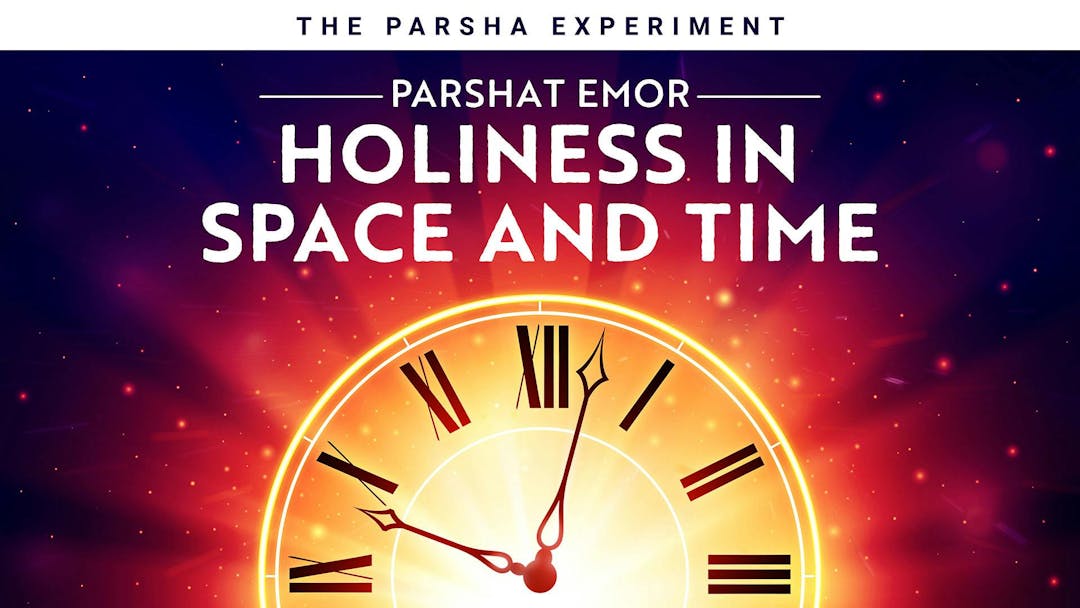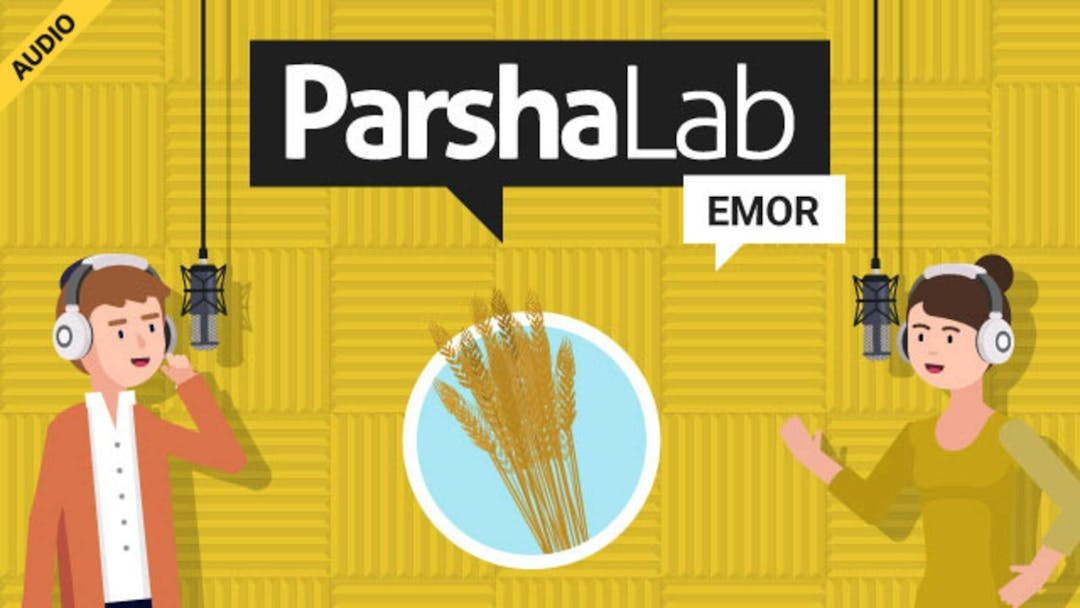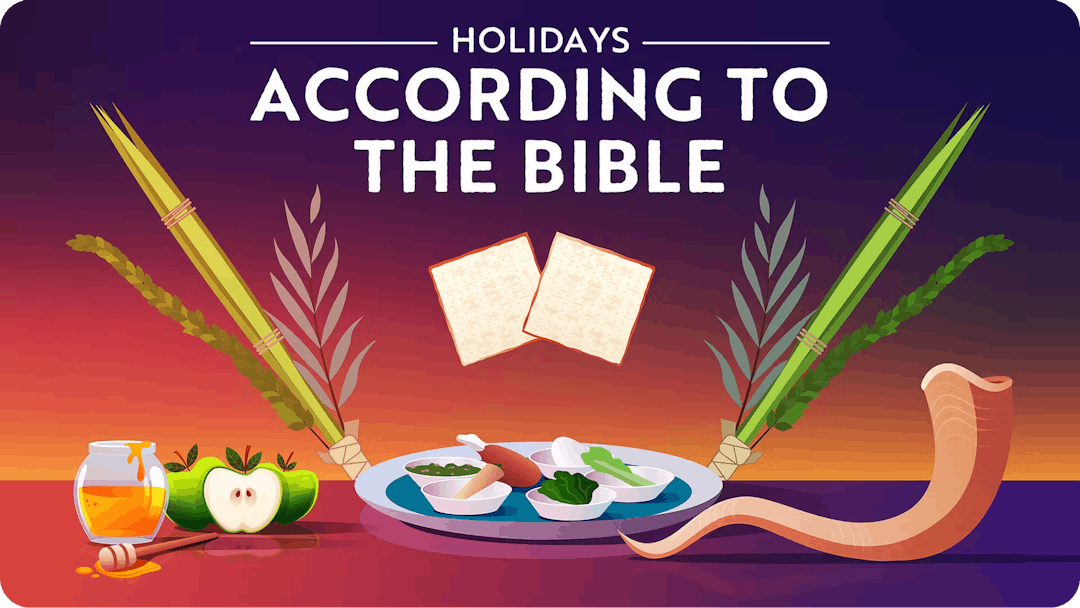Start your free trial today to unlock the full library and enjoy unlimited and uninterrupted access.
Get StartedWhat Is Sabbath All About?
The Importance Of Shabbat In All Jewish Holidays
In our Torah reading for holidays, we not only recite the laws of holidays, we include Shabbat, and oddest of all, some laws about sacrificing animals. What do all these laws have to do with one another? Shabbat and the holidays seem like separate phenomena, but... is the Bible trying to say something about the importance of Shabbat as it relates to other Jewish holidays?
In this video, Rabbi Fohrman makes a fascinating argument about how Shabbat works and shows that there are Shabbatot in different realms. Through this analysis, he uncovers what Shabbat is really about, and the importance of the Sabbath Day for understanding other Jewish holidays.
Want to watch the full video for free?
Enter your email and we’ll send you a link to watch the full series free.
What is Aleph Beta?
Aleph Beta is a unique kind of Torah library. Led by our founder, Rabbi David Fohrman, we are dedicated to high-level, textual Torah learning for adults that is intellectually and spiritually sophisticated, that enlivens your Jewish practice and helps you forge a deeper connection to God. Whether you’ve been learning in yeshiva for years or you’re just beginning your Torah journey, you’re sure to find something meaningful and surprising waiting for you here.
Browse our library of over 1,000 beautifully produced animated videos, podcasts, deep dive courses, and printable guides. Topics include the weekly parsha, Jewish holidays & fast days, laws & mitzvot, prayers, relationships, big philosophical ideas and more. Have something to say at the Shabbos table that will amaze your family and guests and bring deep meaning into their lives.












